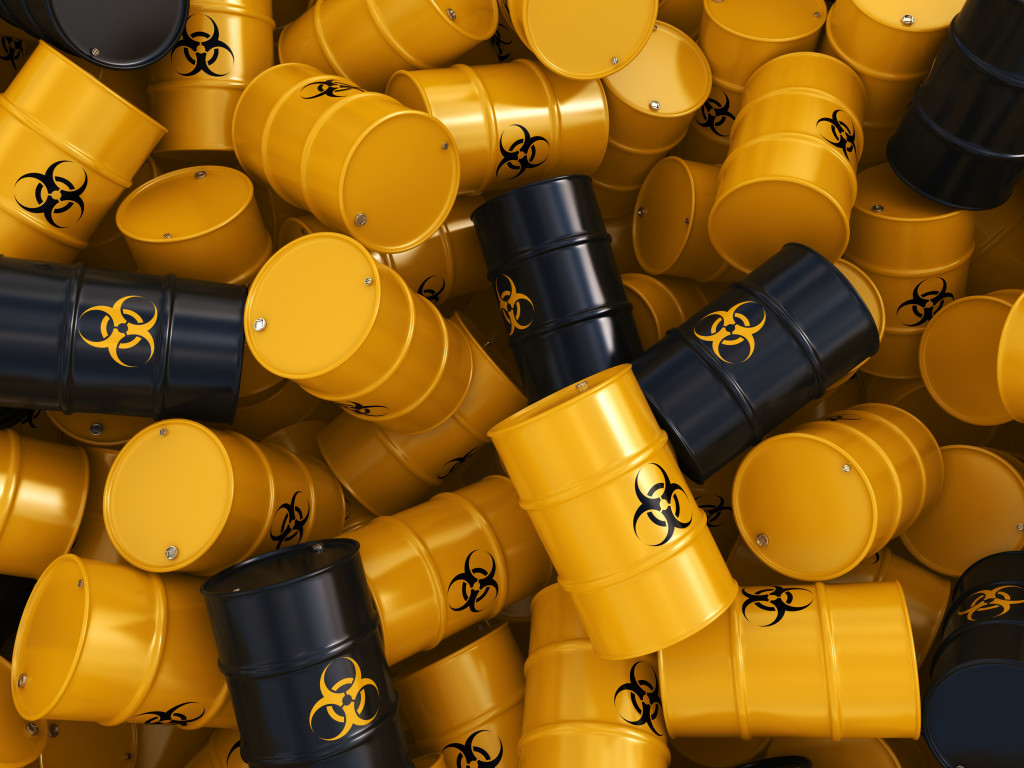Due to the growing environmental concerns, your business will be subject to various environmental regulations. Depending on the type of business you are running, these regulations can vary significantly. To ensure compliance and avoid penalties, it is essential to be aware of the environmental laws that apply to your business.
Ensure your business follows these steps to comply with various environmental regulations.
1. EMS
One of the best ways to stay compliant is to develop an environmental management system (EMS). An EMS is a set of processes and procedures that help organizations manage their impact on the environment. EMSs can be customized to fit the needs of any organization, but they typically involve creating policies and procedures for reducing waste and pollution, improving resource efficiency, and preventing environmental incidents.
Implementing an EMS is often an excellent first step for businesses looking to improve their environmental performance but aren’t sure where to start. Not only will an EMS help you ensure compliance with all relevant regulations, but it can also help you save money by reducing waste and increasing efficiency. And as society becomes increasingly concerned about environmental issues, implementing an EMS can also give you a competitive advantage by sending a strong message to customers and stakeholders that you’re committed to protecting the environment.
2. SWPPP
If your business is involved in any activities that have the potential to pollute stormwater, you will need to develop and implement a stormwater pollution prevention plan (SWPPP). An SWPPP is a document that outlines the steps your business will take to prevent stormwater pollution. This may include using proper storage and containment for hazardous materials, preventing runoff from construction sites, and properly maintaining equipment.
You will need SWPPP certification services to get your SWPPP certified. They will inspect your premises to ensure you take the necessary steps to prevent stormwater pollution. Once your SWPPP is certified, you will need to renew it regularly. This ensures that your business still takes the necessary steps to prevent pollution.

3. Hazardous Waste
If your business generates hazardous waste, you must follow strict regulations for storing, transporting, and disposing of this waste. Hazardous waste is any flammable, corrosive, reactive, or toxic waste. This includes things like chemicals, solvents, oils, and paints.
You will need to store hazardous waste in properly labeled containers and keep it away from food and drink. You will also need to transport hazardous waste in approved containers and dispose of it at an authorized facility. Some businesses hire a hazardous waste disposal company to handle all of their hazardous waste. This can be a good option if you don’t have the time or resources to dispose of hazardous waste yourself properly.
4. Air Pollution
If your business emits any air pollutants, you will need to obtain an air pollution permit from your local air pollution control district. Air pollution includes any contaminants that are released into the air, such as dust, fumes, smoke, and smog.
You must submit an air pollution permit application to your local air pollution control district. This application will include information about your business, the types of air pollutants you emit, and the steps you will take to control these emissions. If your air pollution permit is approved, you will need to renew it regularly. Ask your air pollution control district how often you need to renew your permit.
5. Food Waste
Some businesses generate food waste, which is any food that is not eaten by people or used as animal feed. Food waste can come from restaurants, grocery stores, and food processors. You will need to store food waste in properly labeled containers and keep it away from human food. You will also need to transport food waste in approved containers and dispose of it at an authorized facility.
Some businesses hire a food waste disposal company to handle all of their food waste. This can be a good option if you don’t have the time or resources to properly dispose of food waste yourself. You can also donate food waste to a local food bank or compost it. You will need to check with your local authorities to see what food waste disposal options are available in your area.
There are a variety of environmental regulations that businesses need to follow in order to stay compliant. These regulations cover many topics, from stormwater pollution to air pollution to food waste. It is crucial for businesses to be aware of the rules that apply to them and to take the necessary steps to ensure compliance.

